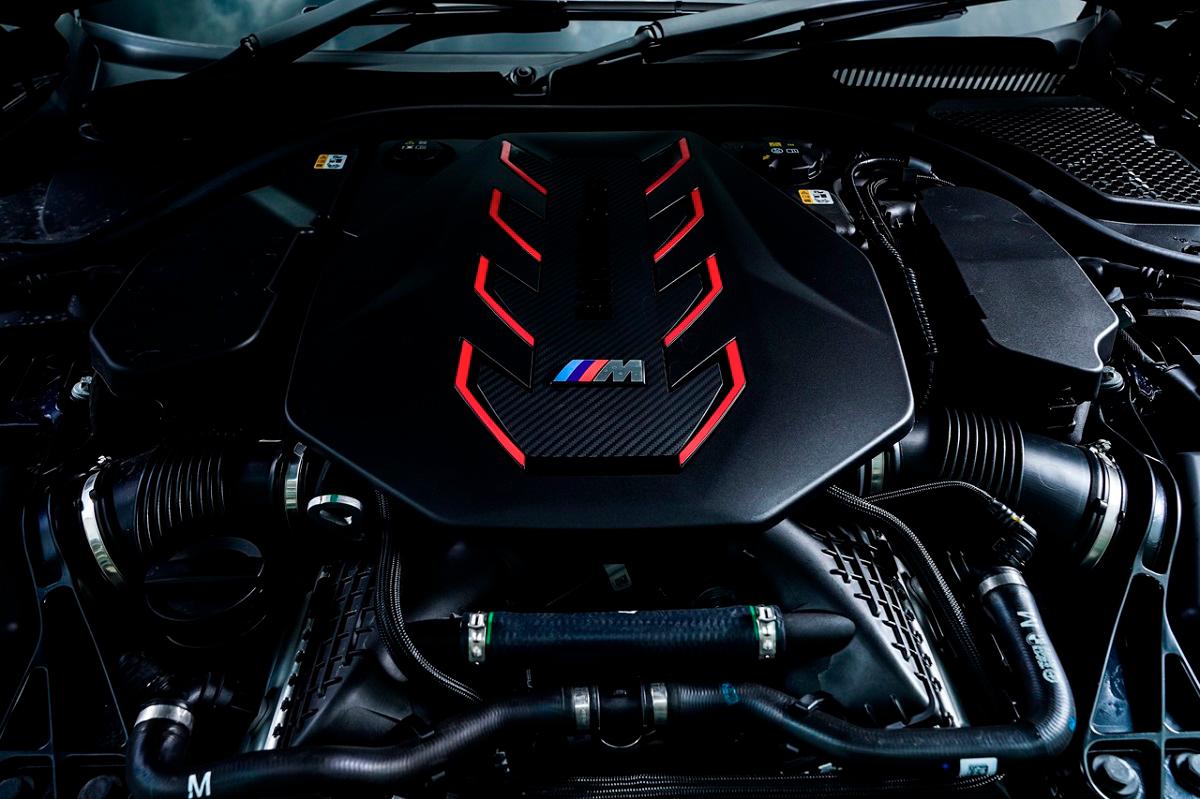AFTER decades of rivalry, Mercedes-Benz and BMW may soon find themselves in an unlikely partnership. According to a report by Manager Magazin, Mercedes is exploring the possibility of sourcing four-cylinder engines from BMW, a move that would mark one of the most surprising shifts in the modern automotive industry. While BMW has not confirmed the development, industry insiders suggest that discussions have been ongoing for nearly a year.
The timing of these talks comes as Mercedes faces financial headwinds. At the end of July, CEO Ola Källenius reported weaker-than-expected results, with profit margins in its passenger car business dropping to 3.2 per cent during the second quarter. Sales for the first half of the year stood at just 900,000 units, the lowest since 2020. Internally, Källenius told his management team that cost-cutting alone would not be enough if the company lacked the right products to meet demand.
One of Mercedes’ immediate challenges lies in its engine supply. The Stuttgart-based brand underestimated the number of combustion engines required to support its plug-in hybrid models. Initially, Mercedes sought to cover the shortfall by sourcing four-cylinder units from Geely in China, but political sensitivities in key markets such as the United States have made the use of Chinese-built engines increasingly problematic. This has pushed the company to explore cooperation closer to home, with BMW emerging as the most viable option.
The idea was reportedly first raised by Källenius with BMW CEO Oliver Zipse nearly twelve months ago. Since then, technical teams led by Markus Schäfer, Mercedes’ Board Member for Development, and Joachim Post, BMW’s R&D chief, have allegedly been fine-tuning the details of a possible deal. If an agreement is reached, BMW could begin supplying engines to Mercedes from 2027, with production centred at its Steyr facility in Austria. That plant alone produced more than a million engines in 2024, making it one of BMW’s most important production hubs.
Initial plans are said to involve BMW’s latest four-cylinder petrol engine, but diesel units and other drivetrain components could be added in the future. Joint production in the United States has also been floated as a possibility to reduce exposure to tariffs.
For Mercedes, the move would represent a significant change in strategy. Källenius has long championed the transition away from combustion power, but the company is now adopting a more pragmatic and flexible approach in light of shifting market conditions. For BMW, the upside is obvious: guaranteed production volumes, additional revenue streams, and an undeniable boost to prestige if even its fiercest rival opts to use BMW powertrains.
BMW’s reputation as a powertrain supplier is already well established. Its engines currently feature in cars from smaller marques such as Morgan and Ineos, as well as high-volume manufacturers including Toyota, Land Rover, and Range Rover. However, adding Mercedes-Benz to that roster would represent an entirely new milestone. As BMWBlog noted, the move would not only strengthen BMW’s business case for its Steyr operations but also underline the brand’s global standing as a benchmark for engine engineering.
If confirmed, this partnership would not only reshape the dynamic between Germany’s two premium giants but also stand as one of the most remarkable examples of old rivals finding common ground in an era of unprecedented industry transformation.









